A Course to Build Competence for a Better World


The Power of
Global Competence
For students, it means understanding global issues and developing the skills to solve them collaboratively.
For educators, it’s the key to leading diverse, inclusive classrooms where every student feels seen and heard.
For institutions, global competence promotes a culture of mutual respect, critical thinking, and harmony—and aligns with international educational frameworks.
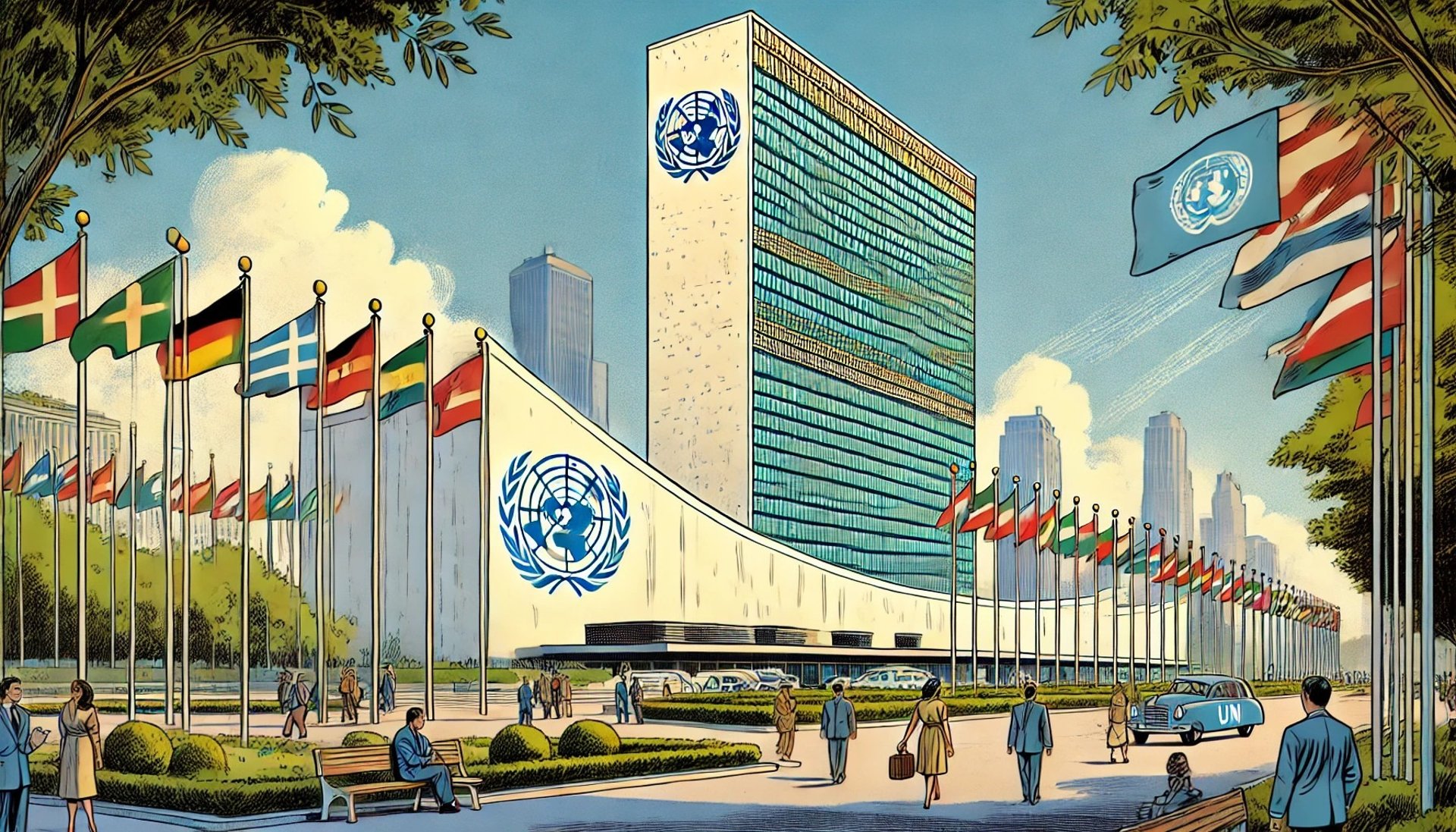
Fully Aligned with Leading Global Frameworks
This course has been carefully designed to comply with the principles, guidelines, and educational frameworks set forth by four international organizations: OECD, the European Union, UNESCO, and the United Nations.
This alignment ensures that students develop the abilities necessary to live and succeed in an interdependent world.


OECD
Global Competence Framework (PISA 2018) Helps students assess intercultural situations and prepare for careers in international fields.






United Nations
Sustainable Development Goals, particularly SDG 4: Quality Education, wich includes fostering Global Citizenship Education (GCED).
European Union
EU emphasizes competences for democratic culture through frameworks like the Council of Europe’s Reference Framework of Competences for Democratic Culture (RFCDC).
UNESCO
Education for Sustainable Development (ESD) & Global Citizenship Education (GCED). Focuses on promoting skills like critical thinking, problem-solving, and intercultural dialogue.
Guiding Students Beyond Theory into Active Participation in a Globalized World


A new concept of
Global Citizenship
Course Contents
Key Competences Addressed:
/ Valuing Human Dignity and Human Rights
/ Civic-Mindedness
/ Openness to Cultural Otherness
/ Critical Thinking Skills
/ Knowledge and Understanding of the World
Focus:
Introduction to global competence, cultural awareness, and global interdependencies. Students explore the interconnectedness of global issues and how these affect local environments, cultivating awareness of global systems and empathy for diverse cultures.
Introductory Course:
Understanding Global Competence in a Connected World
Key Competences Addressed:
/ Valuing Cultural Diversity
/ Openness to Cultural Otherness
/ Empathy
/ Knowledge and Understanding of the Self
/ Analytical and Critical Thinking Skills
Focus:
The module introduces cultural identity and the concept of intersectionality. Students learn to identify their own cultural identities and reflect on how different factors, such as gender, race, and religion, shape the experiences of individuals in different societies.
Module 1:
Exploring the Layers of Cultural Identity
OECD: Examine local, global, and intercultural issues with curiosity and critical awareness.
Key Competences Addressed:
/ Valuing Human Dignity and Human Rights
/ Openness to Cultural Otherness
/ Empathy
/ Analytical and Critical Thinking Skills
/ Knowledge and Understanding of the Self
Focus:
This module teaches students how stereotypes and biases are formed and how they contribute to discrimination. Through reflection and analysis, students learn to challenge their own biases and better understand how prejudice impacts society and global interactions.
Module 2:
Understanding Stereotypes and Biases
OECD: Understand and appreciate diverse perspectives and worldviews.
Key Competences Addressed:
/ Knowledge and Understanding of the World
/ Civic-Mindedness
/ Valuing Human Dignity and Human Rights
/ Critical Thinking Skills
/ Responsibility
Focus:
Explores global interdependencies in economics, environment, and societies. Students examine global supply chains, climate change, and international organizations, learning how local actions affect global systems and how they can act to foster sustainability.
Module 3:
Understanding Stereotypes and Biases
OECD: Engage respectfully and effectively with others across cultures and contexts
Key Competences Addressed:
/ Civic-Mindedness
/ Responsibility
/ Valuing Human Dignity and Human Rights
/ Critical Thinking Skills
/ Knowledge and Understanding of the World
Focus:
This module empowers students to create their own Global Citizenship Action Plan, focusing on civic engagement and the Sustainable Development Goals (SDGs). Through ethical decision-making and local action, students learn how to be active participants in addressing global challenges like poverty, inequality, and environmental sustainability.
Module 4:
Taking Action and Becoming a Global Citizen
OECD: Take responsible action to support sustainability and promote collective well-being
Our Global Competence Course can be tailored for children, adolescents, and university students.
While the core principles remain constant—critical thinking, cultural understanding, empathy, and collaboration—each version is uniquely designed to suit its audience.
Adapted Learning for All Stages
• Children (Ages 9–12): Visual activities, basic global issues, storytelling, and empathy-building games.
• Adolescents (Ages 13–17): Case studies, debate, digital collaboration, and introductory analysis of global themes.
•University Students: Research-based modules, intercultural theory, global systems thinking, and project-based collaboration.
Each level includes age-appropriate materials, readings, and activities, ensuring engagement and comprehension.


Give Your Institution
the Global Edge
Enrol today!
Turn your institution
into a benchmark
for international excellence.
The Global Competence course is more than a curriculum—it’s your school’s strategic advantage in a world where global skills are no longer optional.
Align with PISA priorities, attract forward-thinking families, enhance your team, and lead in global citizenship education.
Empower Your Educators and Inspire Your Learners
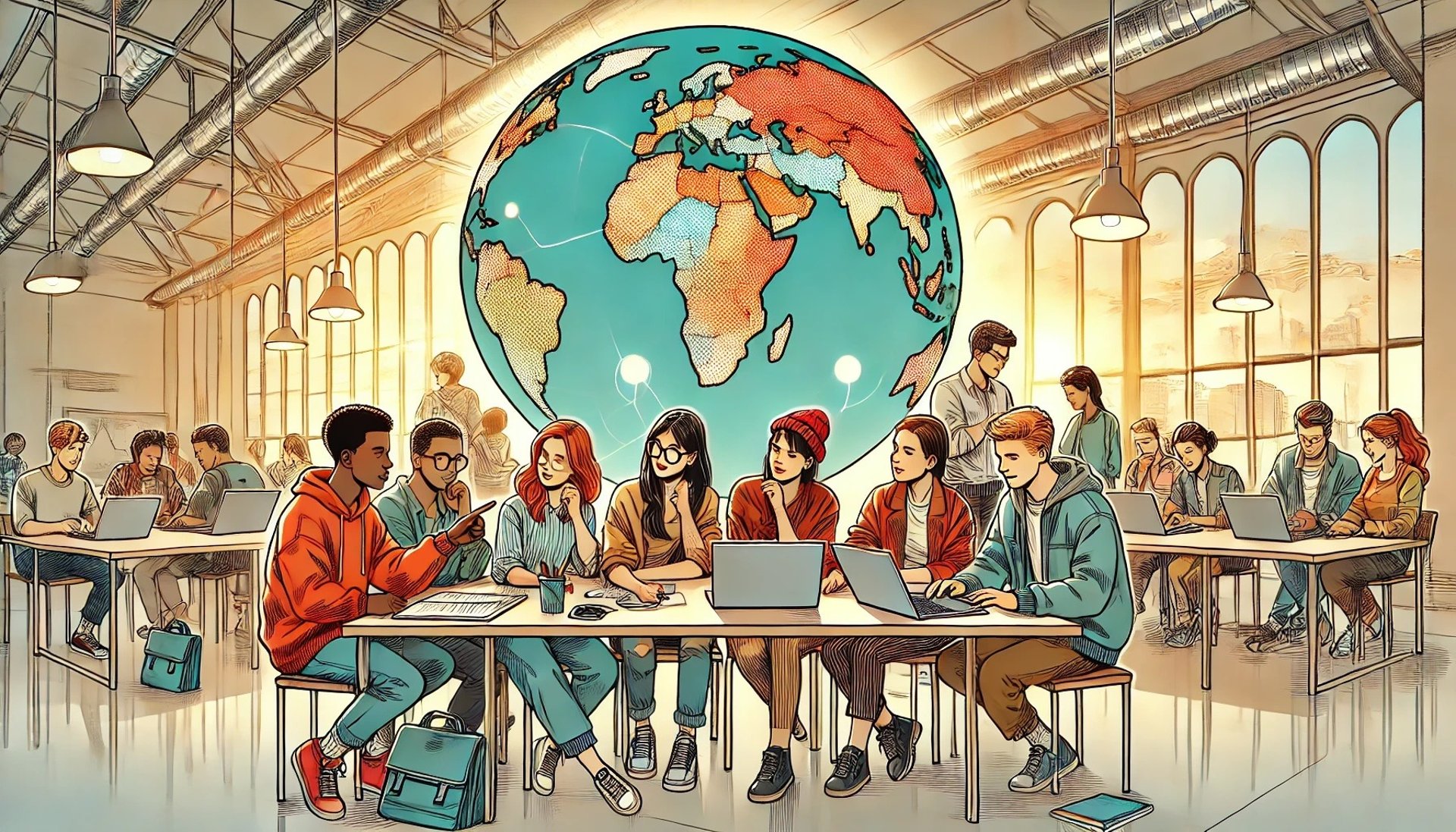
Offered by the Institute of Bilingual Education (IBE)—a program of the Cultural Association of Bilingualism and Education—this course equips learners with the values, attitudes, skills, and knowledge to thrive in today’s interconnected world.
Building Global Competence for a Connected World
Key Educational Frameworks & International Guidelines from Leading Organizations
These organizations— United Nations (UN), UNESCO, the OECD, and the European Union (EU)—offer structured approaches to global education, emphasizing intercultural understanding, democratic participation, and sustainable development.
OECD
The OECD’s Global Competence Framework (PISA 2018) provides a clear structure for teaching global competence, focusing on knowledge, skills, attitudes, and values.
Students should learn to investigate the world through global issues, recognize different cultural perspectives, engage in effective intercultural communication, and take responsible action to make the world a better place.
A course based on the OECD framework helps students assess intercultural situations and prepare for careers in international fields.
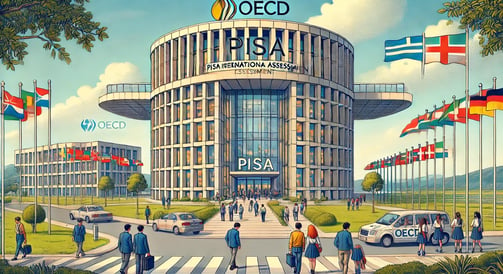

United Nations
The UN promotes Sustainable Development Goals (SDGs), particularly SDG 4 (Quality Education), which includes fostering Global Citizenship Education (GCED).
Global Education First Initiative (GEFI): This initiative encourages education that promotes peace, human rights, and intercultural understanding.
Students can participate in projects that address human rights issues or climate action to build skills in global citizenship.
The UN's emphasis on human rights helps students understand their roles in global justice and equality efforts.


UNESCO
UNESCO advocates for Education for Sustainable Development (ESD) and Global Citizenship Education (GCED).
UNESCO's Global Action Programme on Education for Sustainable Development: Provides comprehensive educational frameworks for integrating sustainability into curricula.
Global Competence Framework: Focuses on promoting skills like critical thinking, problem-solving, and intercultural dialogue.
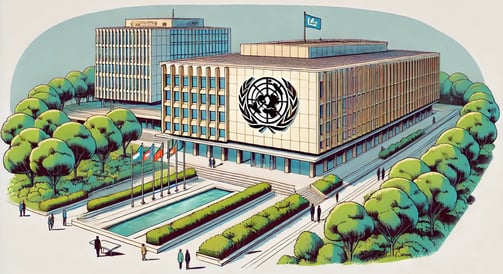

European Union (EU)
The EU emphasizes competences for democratic culture through frameworks like the Reference Framework of Competences for Democratic Culture (RFCDC).
Students should acquire critical knowledge of the world’s political, economic, and social systems. They will be guided through main concepts: values such as human rights, democracy, and the rule of law; attitudes like respect for cultural diversity and civic-mindedness; and skills including empathy, conflict resolution, and cooperation.
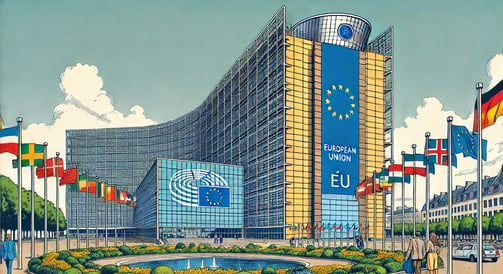

For Institutions & Educators
A Pathway to International Standards and Inclusive Education
• Alignment with international frameworks
• Inclusive, democratic, and intercultural teaching
• Measurable skill development in line with PISA and SDG 4 goals
• Preparation for global citizenship certificates and academic recognition
Created by IBE with a focus on bilingual and multicultural learning environments.
Dirección
Calle de los Relatores 1, Piso 6, Puerta C
Madrid, Madrid | 28012
